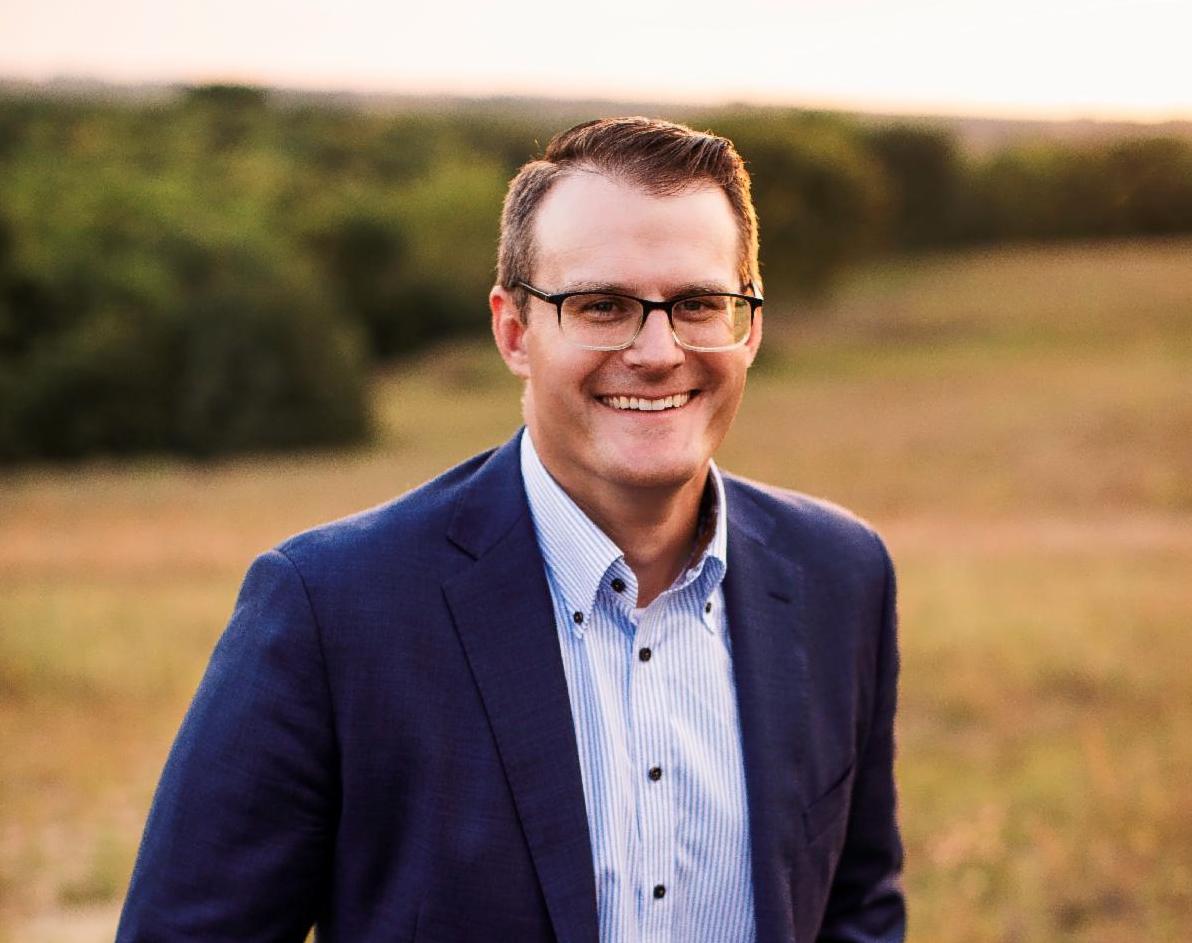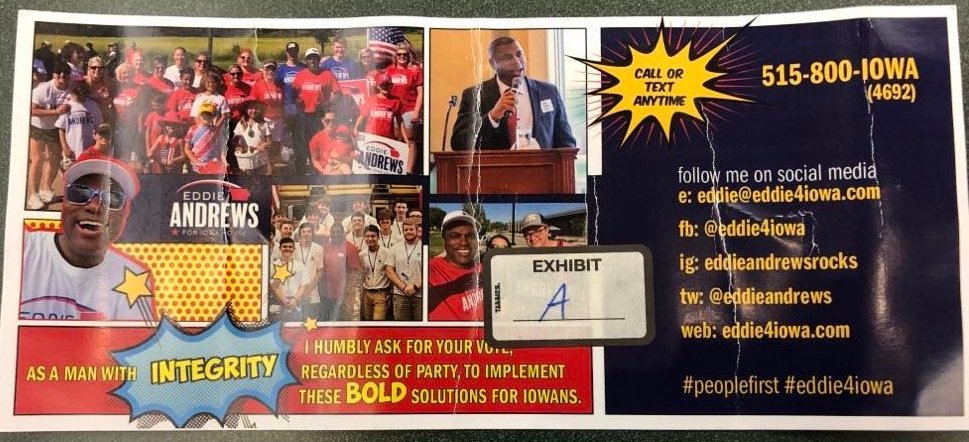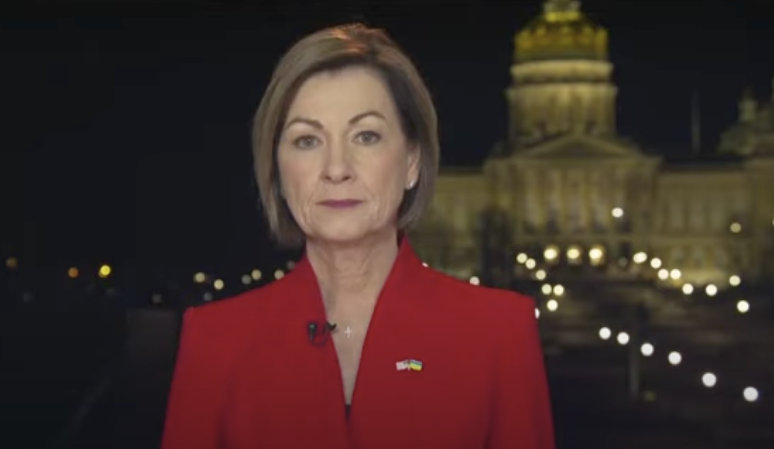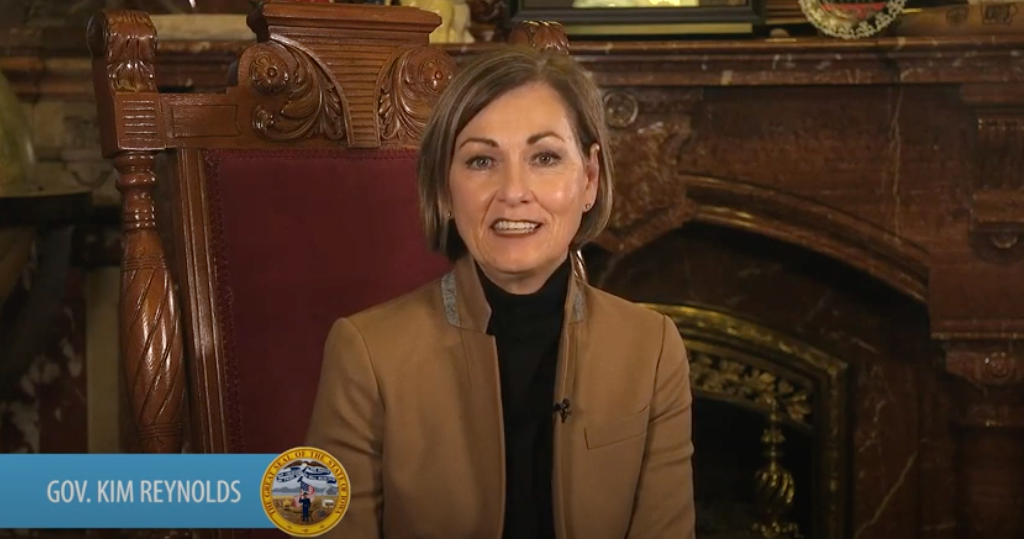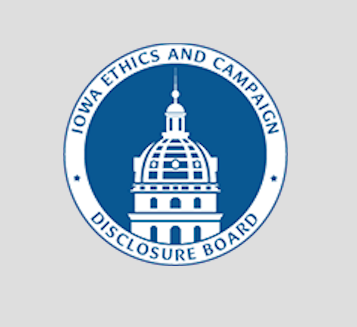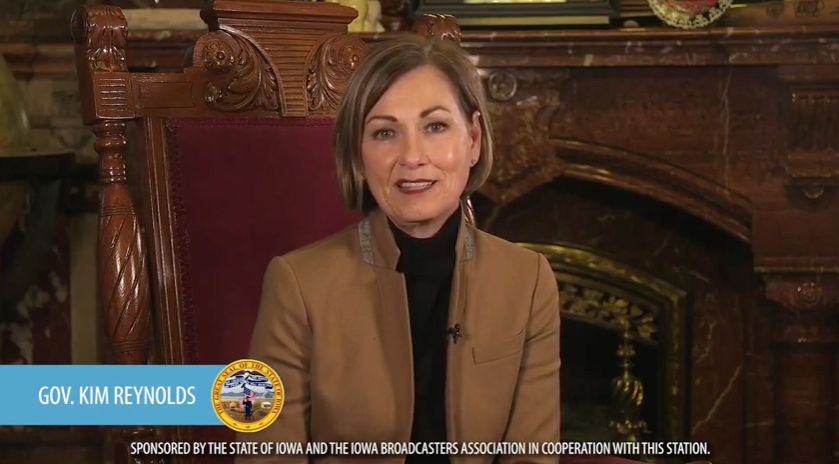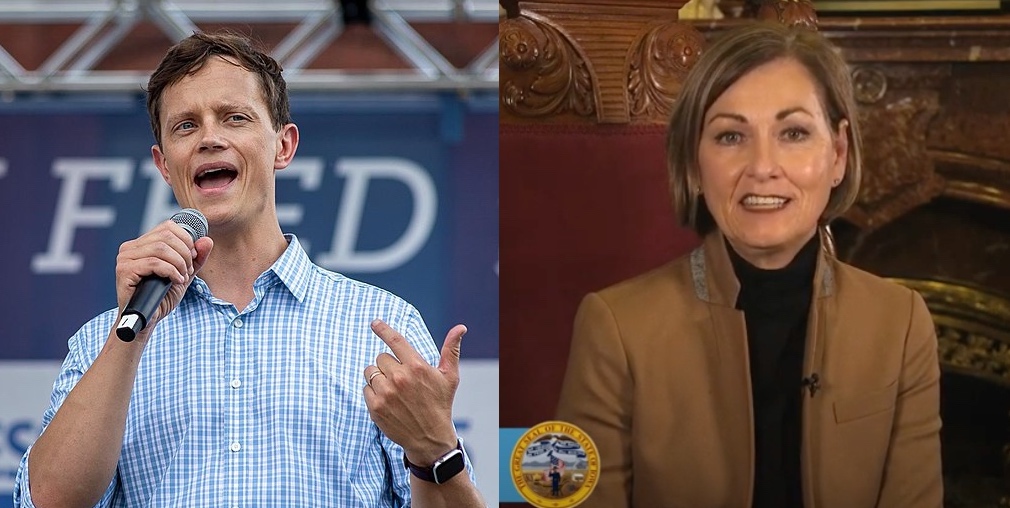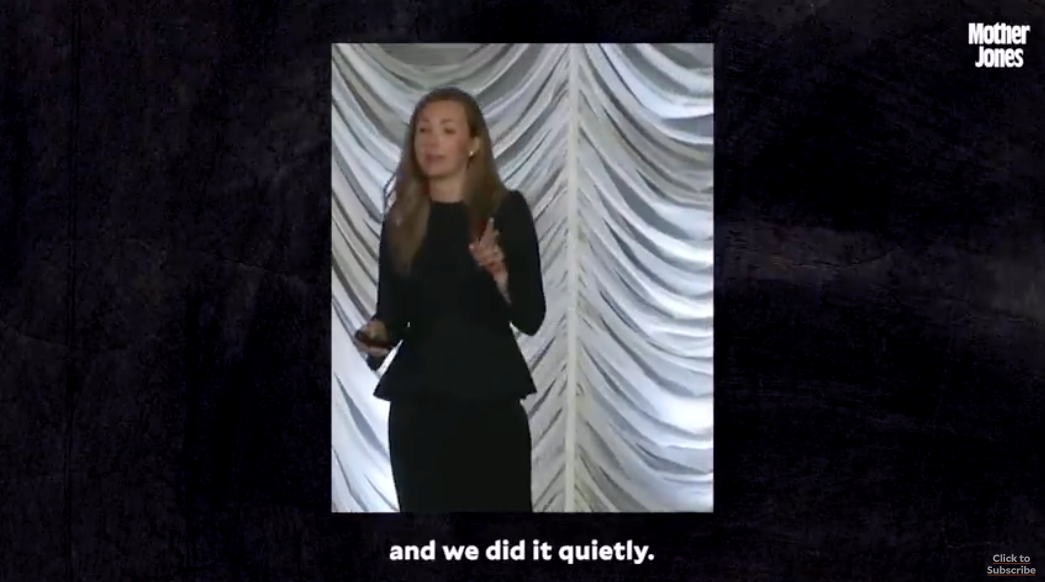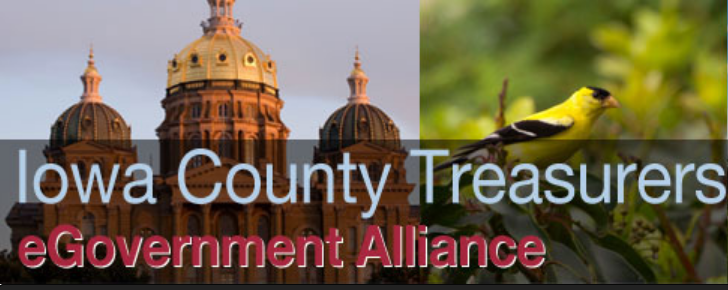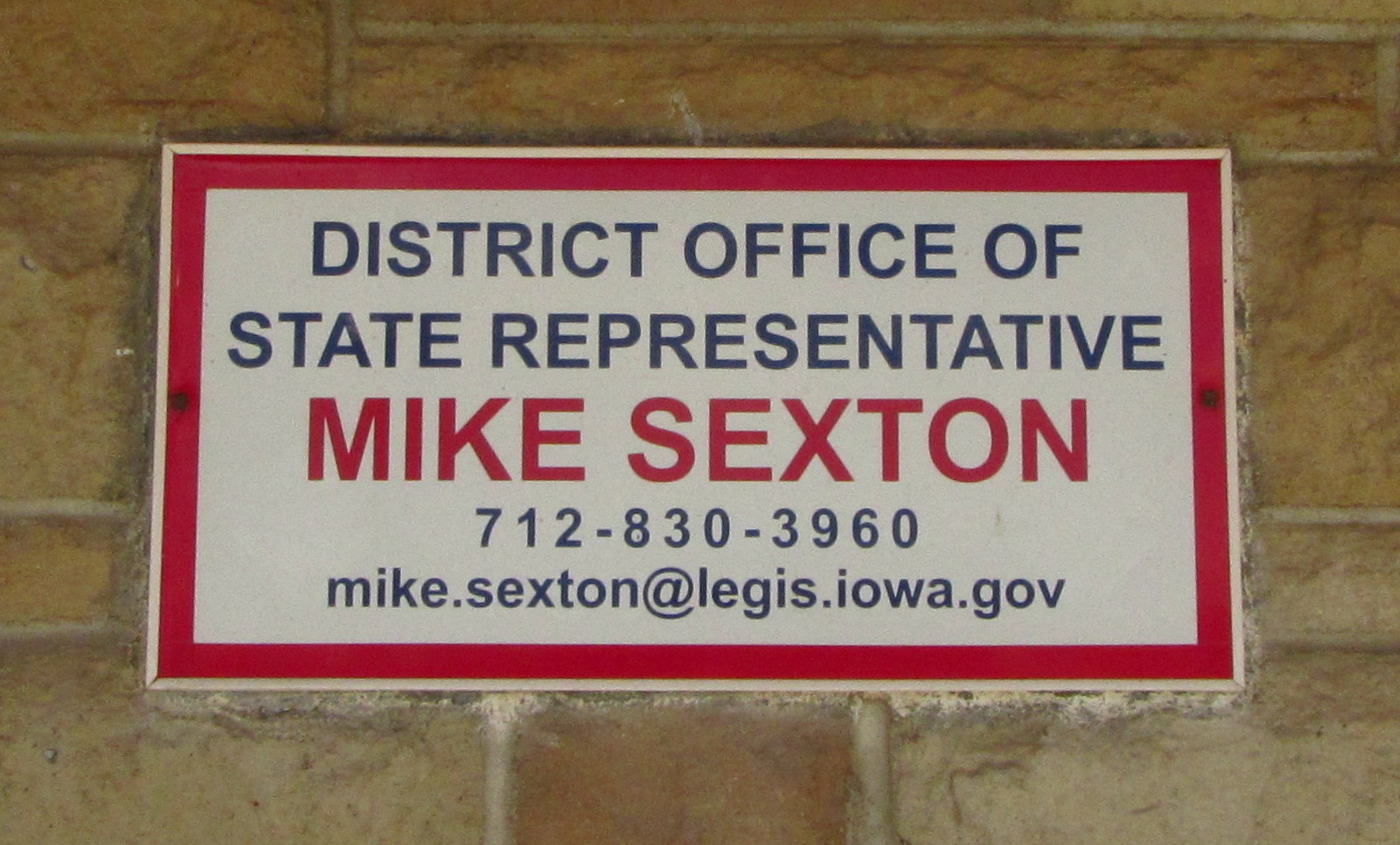Politics-watchers from both sides of the aisle welcomed yesterday’s news that Charlie Smithson will be the new Iowa House chief clerk:
Smithson has been the Executive Director for the Iowa Ethics and Campaign Disclosure Board since 2001 and the board’s attorney since 1998. He previously served as the attorney for the Kansas Governmental Ethics Commission.
Raised in Pocahontas, Iowa, Smithson graduated from WestmarCollege in Le Mars before earning a Juris Doctorate from Washburn University School of Law in Topeka, Kansas.
Smithson has lectured and written several articles on government, ethics, lobbying, and campaign finance as well as contributed to the book,” Money, Politics, and Campaign Finance Reform Law in the United States.” He also teaches election law at the Drake University Law School in Des Moines.
The chief clerk serves as the House Parliamentarian, supervises House personnel and oversees the budget for the lower chamber’s operations.
Smithson will be a tough act to follow at the Iowa Ethics and Campaign Disclosure Board. Kathie Obradovich commented,
Smithson has capably led as executive director of the Iowa Ethics and Campaign Disclosure Board and has the right personality and reputation for fairness to have immediate credibility in the clerk’s role.
What I’m sorry about is that he won’t be at the ethics board any more. He’s been unfailingly knowledgeable, competent and accessible in a very important role. We can only hope his successor has as strong of an interest in transparency and public access to campaign records. I’m also going to miss Mark Brandsgard, whose dry wit was often the only reward for listening to hours of mind-numbing House debate.
Brandsgard became chief clerk of the Iowa House in early 2009, having held various House staff positions since 1977.
Continue Reading...

